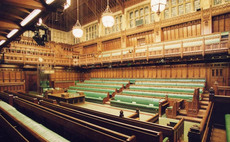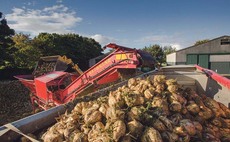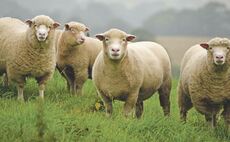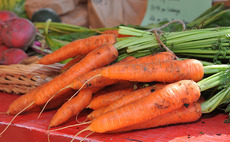trade
Arable
A Government decision to reject an amendment to the Agriculture Bill which would have banned low-standard food imports has highlighted growing divisions among the Conservative Party leadership and its backbenchers on the issu
Arable
Ahead of the Commons debate on Lords amendments to the Agriculture Bill this week, Ben Lake, Ceredigion MP and Plaid Cymru’s agriculture spokesman in Westminster, warns protecting food standards today is about building a better rural economy for tomorrow.
Arable
The Speaker of the House of Commons is set to block a key vote on beefing up the Trade and Agriculture Commission (TAC) this evening.
Livestock
Ministers have been urged to take action on the threats to the sugar and sheep industries as the end of the Brexit transition period approaches.
Arable
The Trade and Agriculture Commission could allow Britain to lead the way in raising global standards, but it needs to be given the time and power to do so, says David Herbert, a South Welsh smallholder producing eggs and poultry.
Farm Business
Defra Secretary George Eustice has shot down NFU hopes of beefing up the Trade Commission through an amendment to the Agriculture Bill.
Livestock
Trade Secretary Liz Truss has warned it is ‘dangerous’ for the UK sheep sector to be so heavily reliant on the EU market for lamb exports.
Farm Business
Organic food and drink businesses could face a ban on exports to the EU if there is no deal on equivalency with the EU.
Arable
MPs who voted down an Agriculture Bill amendment to ban low-standard imports in May could have been waiting for a Government concession. But if they choose to reject another similar Lords amendment in two weeks, they will not be forgiven, says Tom Lancaster, head of land use policy at the RSPB.
Arable
The WTO permits measures to protect the environment in certain circumstances, so Ministers should insist our future trading partners meet domestic food production standards, says Conservative peer Anne McIntosh.


 13 October 2020
•
2 min read
13 October 2020
•
2 min read









